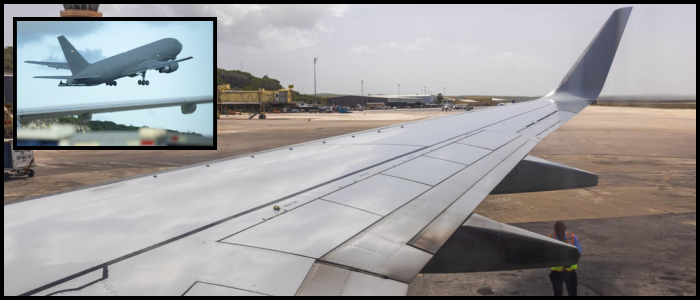
Tariffs endanger profitability and the supply chain
Andrew Cook, a co-owner of Exaco, an importer of greenhouses and garden tools, said tariffs as high as 50% could put his company out of business. "We can sell from existing stock, but all new orders are dangerous," he said. And to some extent, a 10% tariff is doable, Cook said, but there are many vital supplies, such as glass from Belgium or custom-cut aluminum profiles, that can't be bought locally without the price jacking up.
Transferring production back to the US is not an option for Exaco. "Even with duties, it's cheaper to import from Europe than to manufacture locally," Cook said. "If tariffs really go up, we have only six months of inflation," he said.
Talent Expenses, Political Atmosphere Lead to Relocation.
Willem Kranendonk, the founder of Odyssey Cocktail Interactive, a game development firm, intends to relocate his company to Japan. He pointed to escalating costs of highly skilled workers, all of whom need expensive tech gear, the bulk of which is imported from China. "Job here pay six figures," he said, "but Japan, technicians very good and much cheaper."
Kranendonk also took a hit at the political climate in the region. "Texas mandates that we ensure that more employees have optional employee benefits because of social restrictions like abortion bans," he said. "And the national government isn't helping small businesses — it's more about personal agendas."
He commended Japan for its effective infrastructure and its response to disasters, comparing it to what he called the numerous "roadblocks" found in the U.S. system. "In Japan, they clean up after an earthquake in five minutes. In the U.S., there are always barriers."
Trade Policy Risk Causes Uncertainty
Tako Vermeulen of Stroopclub, which produces organic stroopwafels in Texas, expressed similar frustrations. Abrupt changes in tariffs have kept him scrambling to dodge sudden fees. "We had a shipment in from Canada when there was a 25% tariff that got put on the table," he said. "Two days later, the policy changed — but we spent a lot of time trying to understand if we owed money."
The company escaped an added bill by the skin of its teeth, but the uncertainty has made long-range planning damn near impossible. "You do deals, and then the rules are changed overnight," said Vermeulen. "Even if we make production in the U.S., that doesn't protect us — within weeks policy can change."













